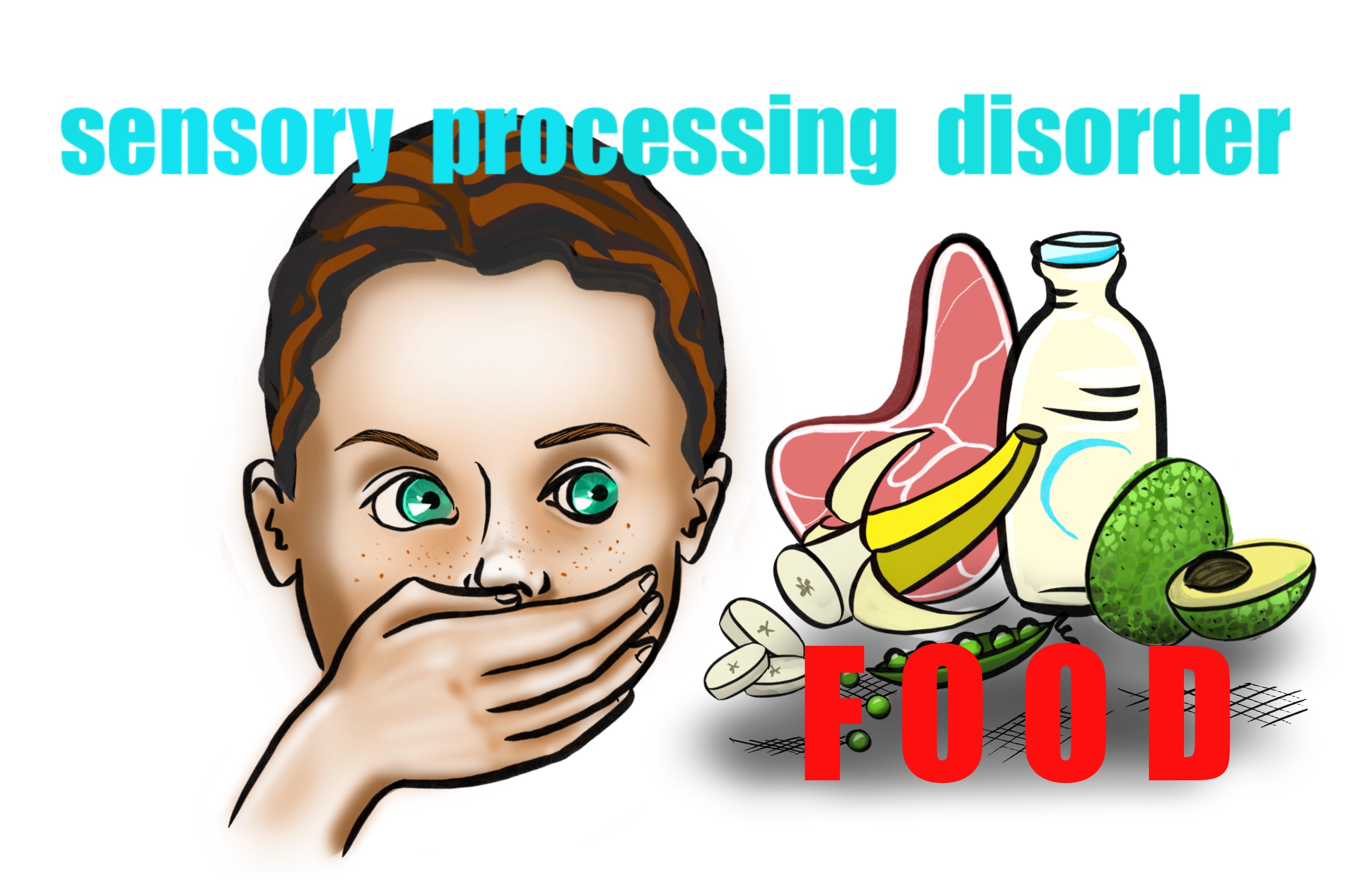Smiling is more than just a simple facial expression – it’s a powerful tool that can improve our health and well-being in countless ways. Did you know that smiling can actually change your brain chemistry, releasing endorphins, dopamine, and serotonin, all of which contribute to feelings of happiness and pleasure? Research has also shown that when we smile, our heart rate and blood pressure decrease, leading to improved cardiovascular health and lower levels of inflammation. But the benefits of smiling don’t stop there.
Smiling has been linked to improved emotional regulation, coping skills, and resilience in the face of adversity. It can also have a positive impact on our immune system, reducing the risk of developing illnesses and infections. And while these benefits are significant for everyone, they are particularly important for children with autism.
The Importance of Early Intervention for Social and Emotional Development
Children with autism often struggle with emotional regulation, social skills, and communication, making it difficult for them to express themselves and connect with others. But by incorporating smiling and interactive fun games into their daily routine, parents and caregivers can help these children develop important social and emotional skills.
Techniques for Developing Emotional Regulation and Stress Management Skills
Games that encourage joint attention and turn-taking, for example, can help children learn to share attention and communicate with others. Singing, drama, and breathing exercises can help children with autism develop better emotional regulation and stress management skills. These techniques can also improve the connection between the face and heart, helping to regulate the body’s response to stress and promote overall health and well-being.
It’s important to remember that every child with autism is unique, and what works for one child may not work for another. However, by providing a variety of opportunities for social interaction and emotional expression, we can help children with autism develop the skills they need to thrive.
And it’s not just children with autism who can benefit from smiling and interactive fun games. These activities can be a powerful tool for promoting emotional regulation, social skills, and overall health and well-being for all children, regardless of their abilities.
Cultivating a Positive Mindset for Improved Well-Being
As special needs parents, it can be challenging to stay positive and focus on the good things in life. But by making a conscious effort to smile and seek out moments of joy and happiness, we can reduce stress and improve our overall well-being.
So whether you’re a parent, teacher, or caregiver, don’t underestimate the power of a smile. It’s a simple yet powerful tool that can have a significant impact on our health and well-being. And when combined with interactive fun games, it can be a valuable resource for promoting emotional regulation, social skills, and overall health and well-being for both children with autism and typically developing children alike.







